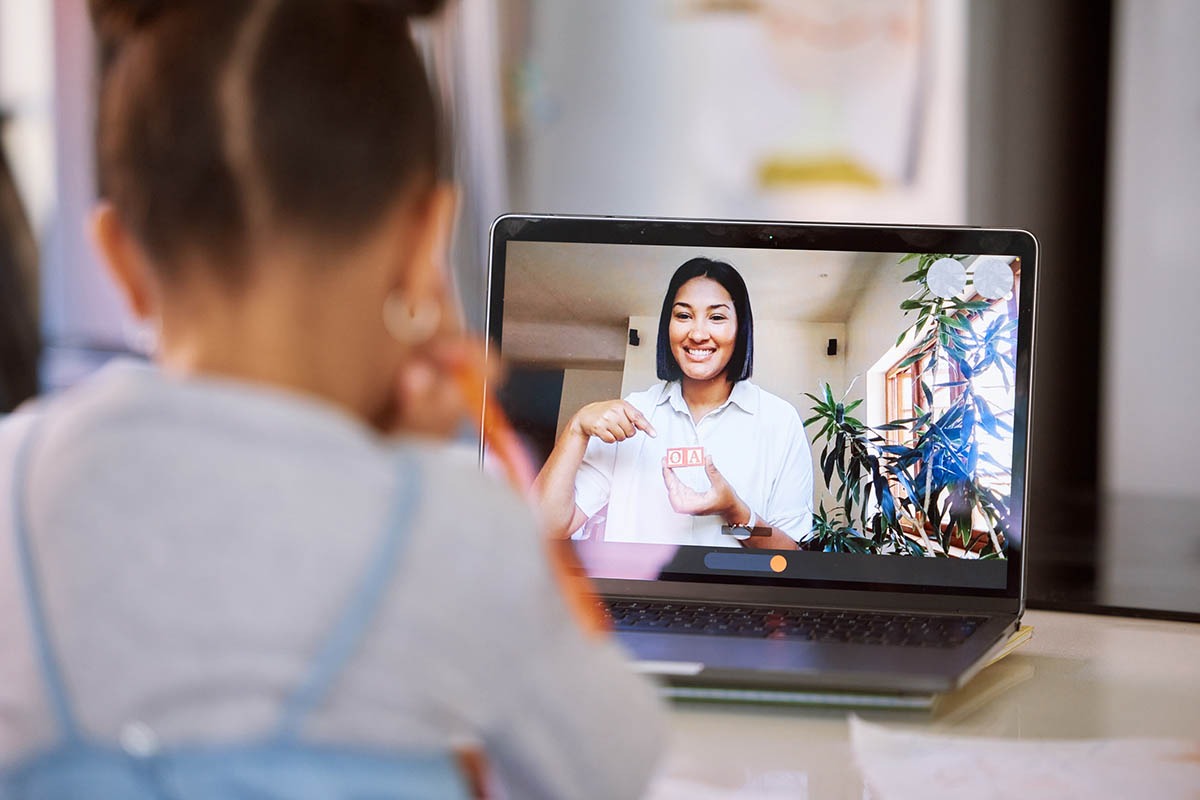For a few decades, it has been common practice to “Google” something when you want to know more. Carlow University has expanded on that idea with the Google-Carlow Mentorship Program.
“Alex Rodriguez, a Carlow University trustee and a Google employee, has graciously used that connection to help us launch the Google-Carlow Mentorship Program,” said Ericka Mochan, PhD, program director and associate professor of mathematics, computer science, and data analytics. “Each student in the computer science programs is eligible to be matched with a Googler who acts as their industry mentor.”
Currently, six students have been matched with Google mentors. To date, the program has been successful in matching every interested student with an industry mentor. The plan is to expand the program next fall to include another cohort of undergraduates.
“They set their own schedules and agendas for meeting with their mentors and decide how they want to engage with the mentors,” said Dr. Mochan. “Some meet frequently with their mentor for regular guidance and support.”
The one-on-one meetings between student and mentor are usually virtual for about 30 minutes or so, and the results have been well-received.
“The Google program this semester has been exceptionally beneficial to me,” said Susannah Davenport, a data analytics major in the current cohort. “I meet every two weeks with my mentor, and I absolutely love these meetings. As a woman, I appreciate her extensive knowledge and expertise about the tech industry, and I really admire her experience as a successful woman in such a large tech company. It gives me hope and confidence that I could someday be like her.”
“I love this program,” said Lyndsey Szekely, who also is in the current cohort and is a triple major in business management, healthcare management, and human resources management with an information technology management minor. “I usually bring questions to each meeting, and my mentor has been genuinely helpful in answering those questions.”
Szekely says her most recent questions have been about the timing for graduate school, specifically whether it would be more beneficial for her to gain work experience in the field before going to graduate school or if she should go to graduate school immediately.
Davenport states that she brought a small set of smaller goals that she wants to achieve – like applying for internships or polishing her resume – and her mentor has provided advice on how to help her achieve those goals.
“It’s not the same as a teacher-student relationship,” she said. “With a mentor you can ask deeper questions regarding your goals and future, and express concerns or misgivings you might have. Having that extra guidance from someone outside your school – especially someone who has years of experience in the field – is just amazing.”
Szekely agrees. “This has been a neat opportunity for Carlow students, and I’m so thankful to be part of it.”
